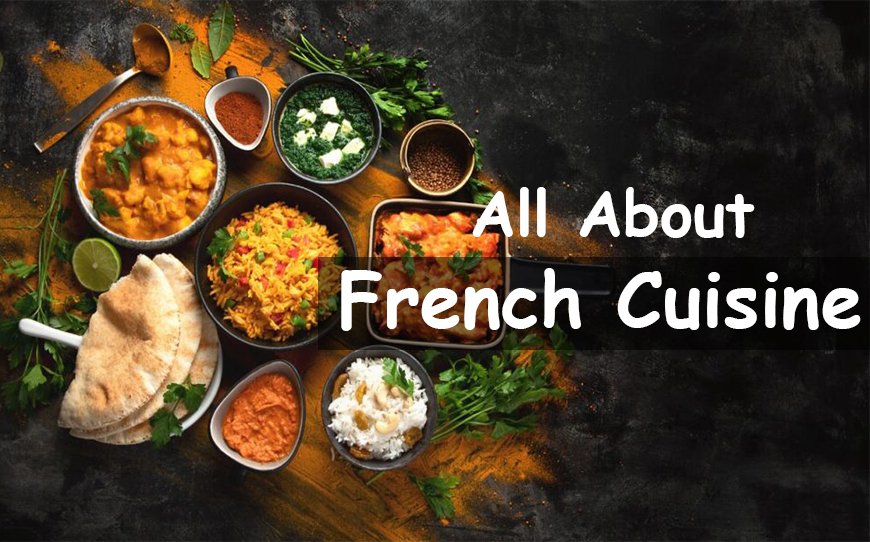French cuisine is internationally acclaimed for its elegance, sophistication, and focus on high-quality ingredients and respectful cuisine in the world. It is renowned for its diverse regional variations and traditional cooking techniques.
French dishes often use simple ingredients transformed by artful techniques. This cuisine leaves many cooks feeling as if they must live up to a beginner to learn to prepare in their own kitchen. The recipes from chefs aften pass down from generation to generation, and there are thousands of them. Here is a concise overview of French cuisine:
Classic French Dishes:
French cuisine boasts iconic dishes that have become synonymous with fine dining. Examples include Coq au Vin (chicken cooked in red wine), Bouillabaisse (fish stew), Beef Bourguignon (beef stewed in red wine), Ratatouille (vegetable stew), and Escargots de Bourgogne (snails cooked in garlic butter).
Regional Specialties:
France is divided into distinct regions, each with its own culinary traditions. For instance, Provence showcases Mediterranean influences with its use of olive oil, tomatoes, and aromatic herbs. Normandy excels in seafood and dairy products, while Alsace offers hearty dishes influenced by German cuisine, such as Sauerkraut and Tarte Flambée. They are proud of the fine ingredients and techniques employed in their kitchen, and each region has a distinct gastronomic identity.
Haute Cuisine:
French cuisine has given rise to Haute Cuisine, characterized by its refined and elaborate style often found in fine dining and Michelin-starred establishments. It focuses on intricate preparations, artistic presentations, and the use of luxurious ingredients like truffles, foie gras, and caviar. Haute Cuisine developed out of political and social changes in France, and the high cuisine represents a hierarchy in French society. In French term that literally translates as “High cooking”.
Bread and Pastries:
French bakeries are celebrated for their bread and pastries. Baguettes, croissants, pain au chocolate, and éclairs are just a few examples of the wide range of baked goods that hold a special place in French cuisine. Their desserts are generally prepared with creams, fruits and custard and also their breads tend to be hard and crusty on the outside, with a light and soft crumb.
Sauces:
French cuisine is renowned for its sauces, which play a vital role in enhancing flavours. Classic sauces such as Béchamel, Velouté, Hollandaise, and Espagnole form the foundation of French cooking. These sauces often require labour-intensive processes and demand precision and skill to achieve the perfect balance of flavours.
Cheese and Wine:
France is famous for its rich cheese-making traditions, producing a plethora of distinct cheeses. Each region boasts its own specialties, including Brie, Camembert, Roquefort, and Comté. Additionally, French cuisine has a strong connection to wine, with France being one of the leading wine-producing countries globally. Pairing food with the appropriate wine is considered an art form in French gastronomy.
French cuisine is celebrated for its emphasis on fresh, seasonal ingredients, meticulous attention to detail, and the ability to elevate simple ingredients into extraordinary dishes. It has significantly influenced culinary traditions around the world and continues to be recognized as one of the most esteemed and influential cuisines globally.

